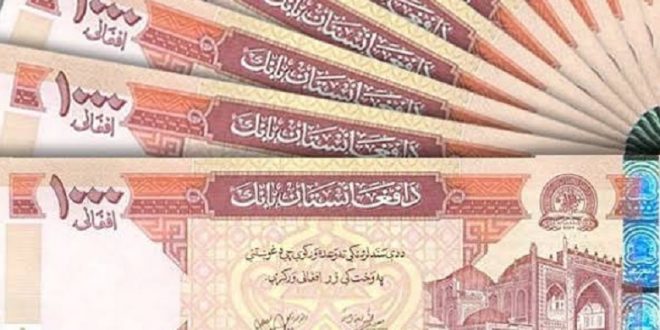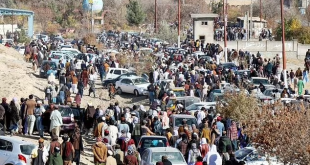It’s without a doubt that the coronavirus pandemic’s fallout has put a big dent on world economies, as well as trade and transit between countries, while Afghanistan has been no exception. However, it seems that after flattening the curve and going past the peak of cases, Afghanistan is gradually going to be on the path to economic recovery. That’s optimistic but currently, around 50-100 daily Covid-19 cases are being registered in different parts of the country round-the-clock as the nation’s overall tally stands at 37,162 – a significant decrease in daily cases compared to past few months. This is while some economic activities happening are promising. In a recent report, the Ministry of Commerce and Industries (MoCI) informed of a 29 percent increase in Afghanistan’s exports through air corridors in the first seven months of the ongoing year compared to the same period last year. It’s indeed good news that despite coronavirus-induced challenges, Afghanistan was able to maintain exports to India and the United Arab Emirates (UAE), with the possibility that transit and trade of Afghanistan might return to normal with other countries as well. Meanwhile, it’s reported that a new transit corridor between Afghanistan, Iran and Uzbekistan has also been launched through which Iran has sent two transit cargoes to Uzbekistan under a pilot operation to assess the route. Considering this, the Afghan government needs to take further similar steps in order to kick-start the economy back into normalcy. The falling positivity rate and lower coronavirus-related hospital admissions should serve as an emboldening factor to slowly reopen the economy. Such kind of salutary measures would go a long way in reviving the economic activity, as well as restoring the significant loss of business confidence caused by the pandemic. As businesses are reopening, these are the early baby steps to full economic recovery that should be further maintained. Some might say it’s too early to take action or be optimistic, but it seems Afghanistan underwent the dangerous phase and the country should now think of how it could offset the damage caused by the quarantines and lockdowns. Getting those businesses that collapsed back on their feet and increasing business confidence are big challenges and if not dealt with proactively, the long-term economic damage caused by the pandemic would be much more severe.

 Afghanistan Times
Afghanistan Times



